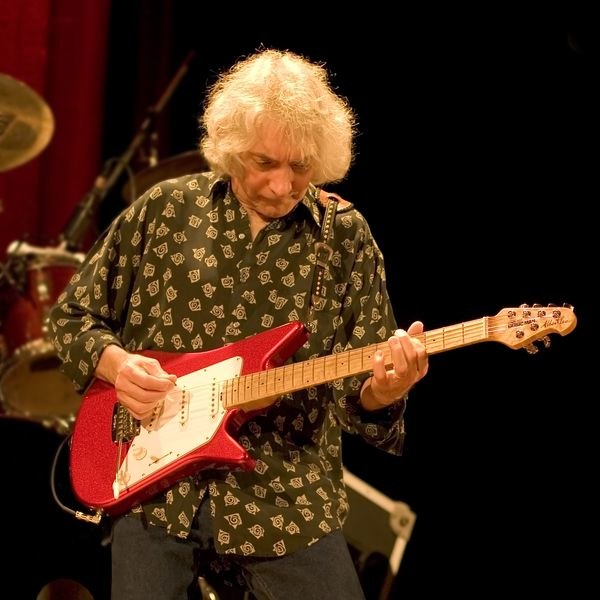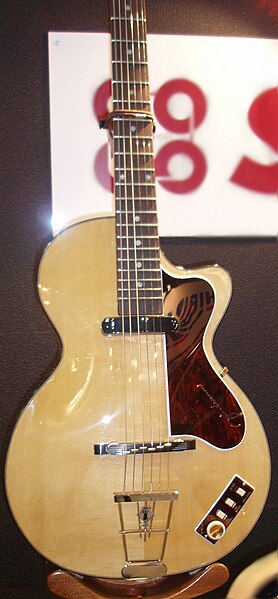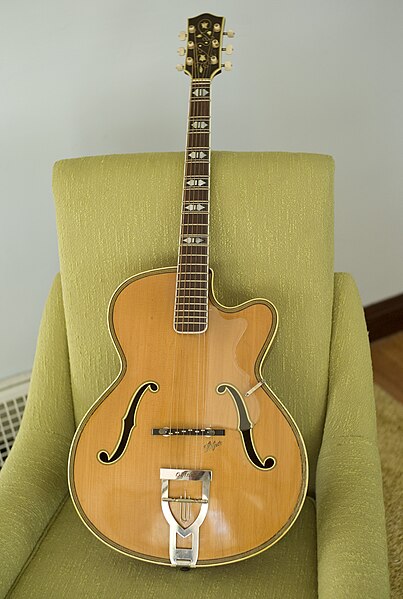Infinite photos and videos for every Wiki article ·
Find something interesting to watch in seconds
Rare Coins
Famous Castles
Celebrities
Animals
Ancient Marvels
Wonders of Nature
Crown Jewels
Supercars
Largest Empires
Richest US Counties
Recovered Treasures
Presidents
British Monarchs
Great Cities
Sports
Tallest Buildings
Largest Palaces
Kings of France
Orders and Medals
History by Country
Best Campuses
Great Museums
Wars and Battles
Great Artists
Countries of the World
World Banknotes
more top lists







